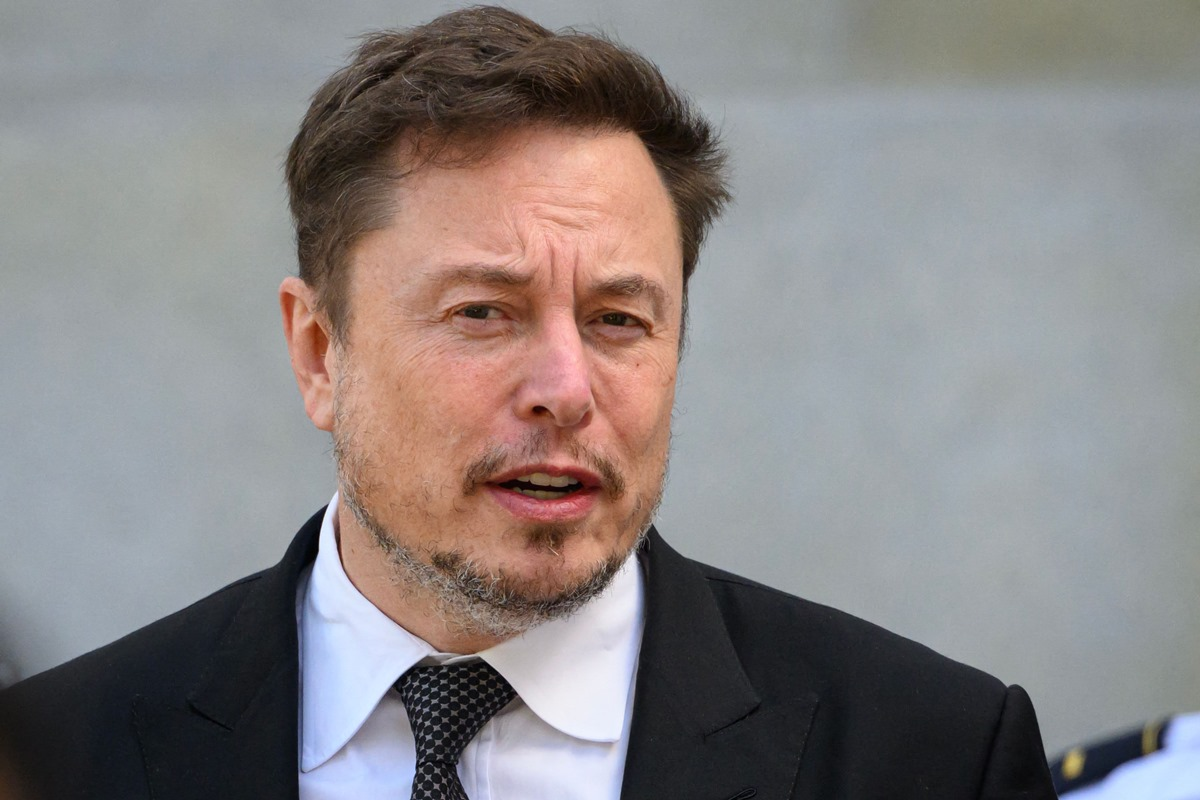Elon Musk’s recent criticism of California’s prolonged vote-counting process has reignited debates about election efficiency. Comparing the state’s slow results to India’s remarkable feat of counting 640 million votes in a single day during its Lok Sabha elections, Musk highlighted glaring contrasts in election management.
This comparison sheds light on the complexities of different voting systems and the challenges faced by developed and developing democracies alike.
The Indian Election Model: A Feat of Efficiency
India’s electoral process is a monumental undertaking, often described as the largest democratic exercise in the world. With over 900 million registered voters, the country’s General Elections span weeks but culminate in a remarkably swift counting process.
In the 2024 Lok Sabha elections, approximately 640 million votes were tallied in just one day, a testament to the robustness and efficiency of India’s electoral machinery.
The Election Commission of India (ECI) plays a crucial role in ensuring this efficiency. Each phase of the election is meticulously planned and executed, involving a massive deployment of personnel, advanced technology, and stringent security measures.
Electronic Voting Machines (EVMs) are a cornerstone of this process. Introduced nationwide in 2004, EVMs streamline vote counting, reducing the time and potential for human error associated with paper ballots.
Read : Watch: Elon Musk Laughing While Scrolling His Phone at UFC Event
India’s experience with large-scale elections has also fostered a culture of voter participation and trust in the system. Volunteers and officials undergo rigorous training, and extensive logistical support ensures that polling stations are accessible even in remote areas. The counting centers are tightly secured, and results are verified with transparency, contributing to the public’s confidence in the process.
India counted 640 million votes in 1 day.
— Elon Musk (@elonmusk) November 24, 2024
California is still counting votes 🤦♂️ https://t.co/ai8JmWxas6
However, this efficiency didn’t come overnight. India’s electoral system has evolved through decades of trial and improvement, learning from past challenges and adopting technological innovations to enhance accuracy and speed. The success of Indian elections serves as a model for other nations grappling with the complexities of large-scale democratic exercises.
Why California’s Vote Counting Takes Time
In stark contrast, California’s vote-counting process remains slow, primarily due to its reliance on mail-in ballots. This method, while enhancing voter accessibility, introduces several logistical hurdles. Every mail-in ballot must be individually verified, a process that involves checking signatures, ensuring ballots are correctly enclosed, and validating voter information.
This meticulous approach aims to prevent fraud and ensure the integrity of each vote, but it significantly extends the counting timeline.
California’s election laws further complicate the process. Voters have until Election Day to postmark their mail-in ballots, and these can be received and counted up to several days later.
Additionally, the state allows voters to “cure” or correct their ballots if they made mistakes, such as missing signatures or incorrect information. This period, which extends until December 1, adds another layer of delay.
While mail-in voting enhances democratic participation, particularly for those who cannot physically attend polling stations, it also poses challenges in terms of efficiency.

The manual verification required for each ballot contrasts sharply with the rapid electronic counting possible with EVMs. Moreover, California’s extensive use of paper ballots and decentralized election administration further contribute to the delay.
Elon Musk’s critique underscores a broader issue in the U.S. electoral system: the need to balance accessibility with efficiency. The decentralized nature of U.S. elections, where each state sets its own rules and procedures, creates inconsistencies that can lead to delays and confusion. Streamlining these processes without compromising voter access remains a significant challenge for American democracy.
Lessons for the Future: Bridging the Gap
Musk’s comparison highlights important lessons for electoral systems worldwide. While India’s efficiency is commendable, it is not without challenges. Issues such as voter intimidation, logistical difficulties in remote areas, and concerns about EVM security remain subjects of debate.
Nevertheless, India’s experience demonstrates that large-scale, complex elections can be conducted swiftly and transparently with the right infrastructure and planning.
For California—and the U.S. more broadly—modernizing the vote-counting process is crucial. This could involve adopting technology similar to India’s EVMs while maintaining the security and integrity of mail-in voting.
Streamlining verification procedures, investing in advanced scanning and validation technologies, and standardizing practices across states could help address the delays that currently plague the system.

Moreover, enhancing voter education and outreach is essential. Clear communication about the vote-counting process and the reasons for delays can help build public trust and reduce frustration. Transparency and accountability are key to ensuring that voters feel confident in the system, regardless of how long it takes to count the votes.
Elon Musk’s remarks also point to a broader conversation about governance and efficiency. As technology continues to transform every aspect of society, there is an opportunity to apply these innovations to electoral processes.
Countries like India have shown that with the right infrastructure and planning, even the largest elections can be conducted efficiently. The challenge for California—and for democracies worldwide—is to adapt these lessons to their unique contexts while preserving the integrity and accessibility of the electoral process.
The comparison between India’s swift vote counting and California’s delayed results underscores the complexities of modern democracy. Elon Musk’s criticism highlights the need for innovation and efficiency in electoral processes, particularly in the face of growing voter participation and technological advancements.
While India’s experience offers valuable lessons, each democracy must find its own path to balancing accessibility, transparency, and efficiency. The future of democratic elections lies in embracing technology, streamlining processes, and building systems that inspire public trust and confidence.

